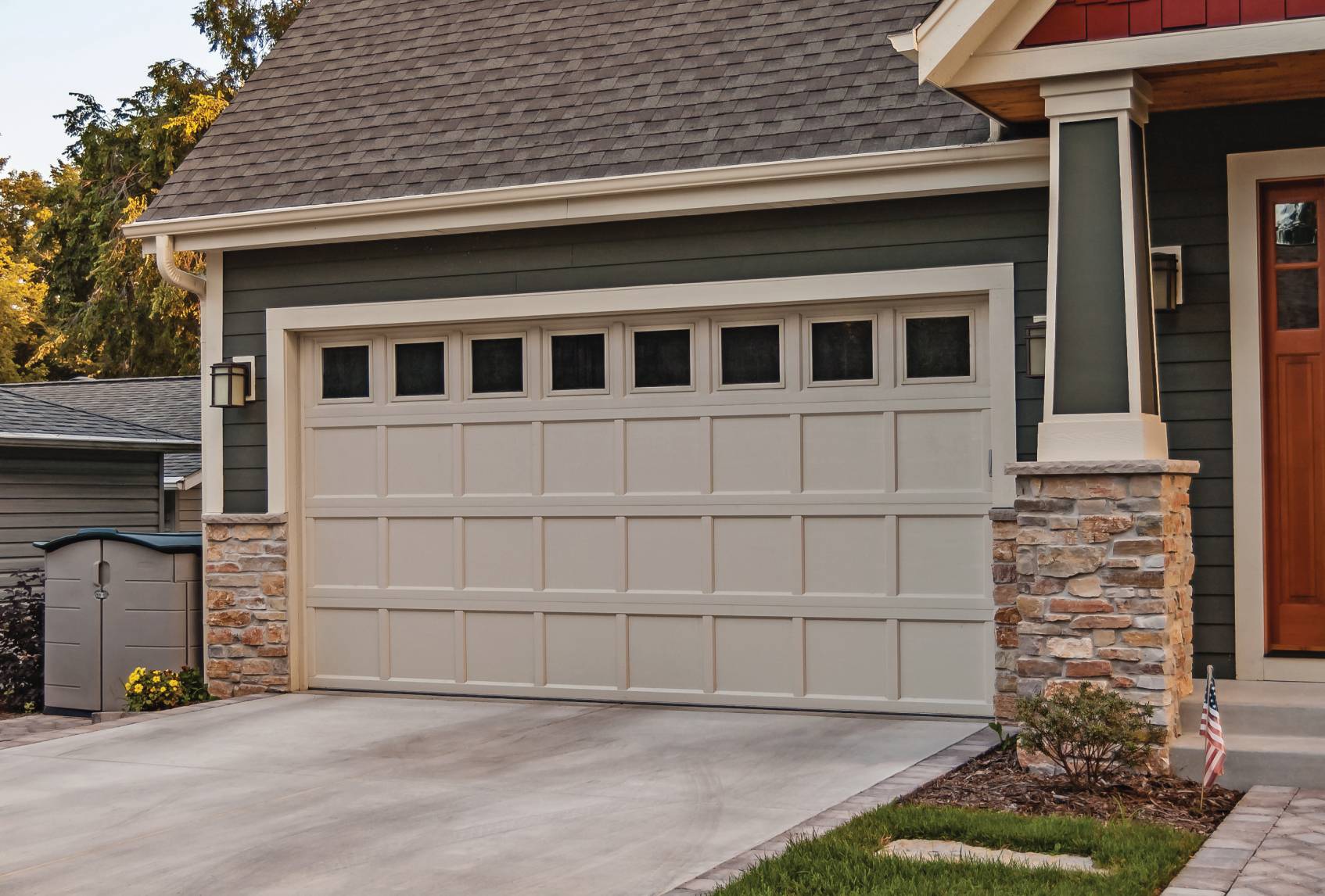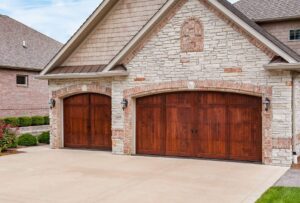Are you thinking about upgrading your garage door or adding one to your new home? You’ve come to the right place! A single garage door is a popular choice for residential houses. It’s functional, stylish, and offers just the right amount of space for one vehicle or a variety of storage options. Let’s dive into everything you need to know to choose the perfect single garage door for your home.
Garage Door Types
When it comes to single garage doors, there’s no one-size-fits-all. Different types suit different needs and preferences. Here are the main ones to consider:
- Sectional Doors: These are made of several horizontal panels hinged together. They roll up and down along tracks, making them space-efficient and widely used in residential homes.
- Roller Doors: Made of a single curtain of metal slats, roller doors roll up into a compact coil above the garage opening. They’re great for saving overhead space.
- Swing-Out or Carriage Doors: These doors open outward like traditional barn doors. While they add a classic charm, they require more clearance space in front of the garage.
- Sliding Garage Doors: These slide horizontally to one side. They’re less common but offer a unique look and can be useful for garages with limited headroom.
Material Option
The material you choose will affect your garage door’s appearance, durability, and maintenance needs. Here are the most common options:
- Steel: Strong, durable, and cost-effective. Steel doors often come with a variety of finishes, including wood grain patterns for a classic look without the upkeep.
- Aluminum: Lightweight and resistant to rust, aluminum is perfect for modern designs and coastal homes. However, it’s not as strong as steel.
- Wood: For those who love a natural, warm look, wood is unbeatable. However, it requires regular maintenance to protect against warping, cracking, and rot.
- Fiberglass: A good middle ground, fiberglass is lightweight, resistant to dents, and can mimic wood’s appearance. It’s less durable than steel, though.
- Vinyl: Known for its durability and low maintenance, vinyl is resistant to dents and scratches. It’s also a great insulator, but options may be more limited in style.
Insulation and Energy Efficiency
Did you know your garage door can impact your home’s energy efficiency? If your garage is attached to your house, or you use it as a workshop, insulation is a must. Here’s why:
- Temperature Control: Insulated garage doors help keep your garage warmer in the winter and cooler in the summer.
- Energy Savings: By reducing the amount of hot or cold air that escapes, an insulated door can lower your energy bills.
- Noise Reduction: Insulation also helps dampen sound, which is a bonus if you live in a noisy neighborhood.
Look for doors with a high R-value (a measure of thermal resistance) if energy efficiency is a top priority.
Available Sizes
Single garage doors come in standard sizes to fit most homes. The typical dimensions are:
- 8 feet wide by 7 feet high
- 9 feet wide by 7 feet high
- 10 feet wide by 7 feet high
- 8 feet wide by 8 feet high
- 9 feet wide by 8 feet high
- 10 feet wide by 8 feet high
If you have a larger vehicle, like an SUV or a truck, you may need a custom size. It’s always a good idea to measure your garage opening carefully and consult with a professional to ensure a perfect fit.
Durability and Maintenance
A garage door is an investment, so you want it to last. Here’s how different materials and types stack up:
- Steel: Highly durable and can last for decades with minimal maintenance. Just keep an eye out for rust in humid climates.
- Wood: While beautiful, wood requires regular sealing, staining, or painting to stay in good shape.
- Aluminum and Fiberglass: Both are resistant to rust and require little maintenance, but they’re not as strong as steel.
- Vinyl: Extremely durable and low-maintenance, making it a great long-term choice.
Routine maintenance is key to prolonging your door’s life. This includes lubricating moving parts, checking the balance, and cleaning the surface regularly.
Noise Levels
No one wants to wake the whole house—or the neighbors—every time they open their garage door. If noise is a concern, here’s what to consider:
- Insulated Doors: These tend to operate more quietly due to their extra layers of material.
- Belt-Drive Openers: Compared to chain-drive systems, belt-drive openers are much quieter.
- Proper Installation and Maintenance: A well-installed door with lubricated tracks and hinges will always operate more smoothly and quietly.
Final Thoughts
Choosing the right single garage door can seem overwhelming at first, but it doesn’t have to be. By understanding the different types, materials, and features, you’ll be well-equipped to make a decision that fits your style, budget, and lifestyle. Whether you’re looking for a sleek, modern look or something more traditional, there’s a garage door out there that’s perfect for your home.




